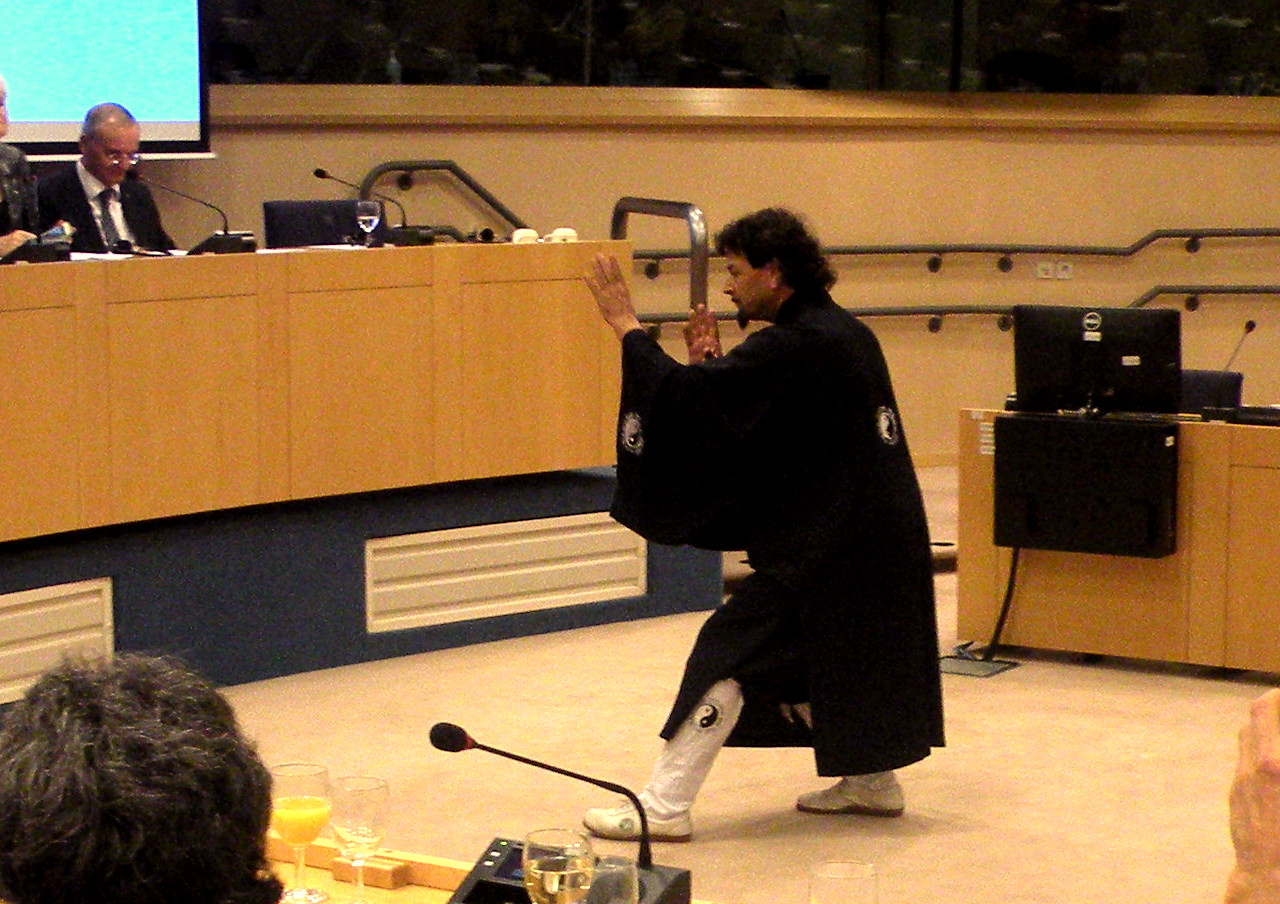The European Semester is a yearly exercise to coordinate the Member States’ economic and budgetary policies and has a wide impact on social policies as well. The European Commission is starting the cycle by defining common priorities in the Annual Growth Survey, published in autumn 2015, and followed by country-reports in February, highlighting the challenges each country has to address. Based on these priorities, the Member States highlight their reform efforts in National Reform Programmes, published in April and the European Council adopts country-specific recommendations in June.
The European Parliament has adopted two positions on the Annual Growth Survey. In its reports, the European Parliament comments on the Commission’s priorities which were published in autumn, which are to re-launch investment, to pursue structural reforms and “responsible” fiscal policies. The Parliament broadly welcomes these priorities, addressing recommendations on which policy areas to stress concretely.
What is there for older persons?
The reports call repeatedly for investment to be directed into life-long learning and long-term care infrastructure. It also calls for decisive actions to fight long-term unemployment and to step up the fight against poverty, re-affirming the social targets the EU has set itself in the Europe 2020 strategy. It also emphasises the importance of social fairness in conducting reforms.
Fight long-term unemployment and start investing into life-long learning
Regarding older workers, the Parliament highlights the fact that employment rates are very low for this age category and that they are at a higher risk of long-term unemployment. The Parliament also highlights discrimination against long-term job-seekers and low hiring rates of older workers. Several calls are made to promote an investment strategy for the full cycle of education, including lifelong learning, work-based and workplace learning, and formal and non-formal education. The need to make education systems inclusive for all age groups by focussing on adult education and vocational training, especially to increase digital skills, are highlighted. The Parliament also called for coherent validation of non-formal and informal knowledge, mutual recognition of skills and qualifications.
Poverty target re-affirmed
The Europe 2020 poverty target, aimed to reduce the number of people living in poverty or social exclusion by 20 million by 2020, has also been reaffirmed. The Parliament calls for stronger action on poverty and to re-link the Europe 2020 strategy to the European Semester and invites the Commission to present an integrated anti-poverty strategy for the EU. It asks for including indicators for the quality of employment, poverty and inequalities in the Semester.
Pension reforms: reconcile adequacy and sustainability
In light of demographic change, the Parliament also raises the question of promoting active ageing and the importance of maintaining adequacy of first pillar pensions and minimum income schemes. Several references are made to adequacy of income support throughout the lifetime, all while maintaining the sustainability of public pension systems, the principle of subsidiarity in this regards.
Support carers, measure access to health care, invest in long-term care
The need for investment into formal and informal care resources is highlighted as well as the importance to improve the situation of informal carers. The Parliament reminds the principles of the UN Convention on the Rights of Persons with Disabilities, which should be respected in the Semester process. In terms of health care, the Parliament encourages to measure the access and quality of healthcare with a view of reducing health inequalities.
Read more here.
